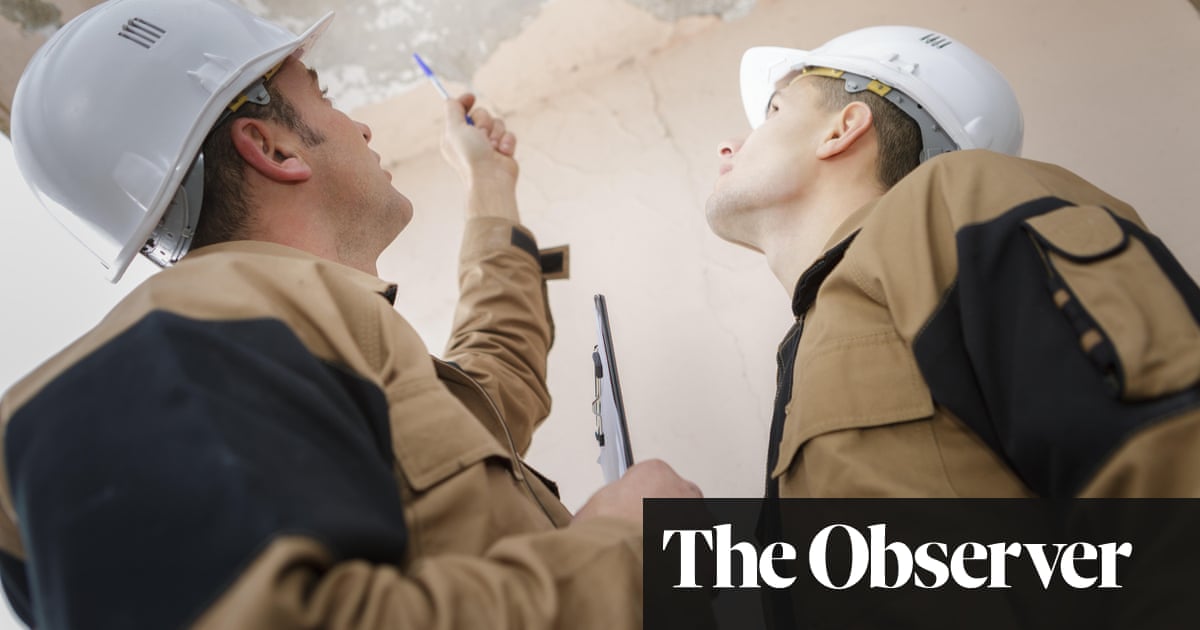
ou may think of immunologists as biologists, but we are also in the defence business. This aspect of our role really comes into its own when a new, devastating disease rears its head. We estimate that the new coronavirus Sars-CoV-2 first made the leap to humans last December. Over one and a half million lives have been lost in the past year as a result. Dealing with Covid has undoubtedly left its mark on the field – my field – and it seems like a good time to take stock.
Right now I am sitting opposite my Christmas tree, the cat beside me, and I can’t help thinking that swooning over That Plot from the Pfizer-BioNTech Covid-19 vaccine briefing (page 58 if you are interested) is probably a phenomenon restricted to viral immunologists. But if this year has taught us anything, it’s not to make assumptions. And sure enough, I’ve seen it shared on social media by non-scientists as a symbol of hope.
It’s been quite the journey to get to that graph. In March we were asked to go home, shut down our labs and think of things for our students and staff to do. It was unclear whether many of them would be eligible for furlough. Research students had to teach themselves new skills, trying their hand at programming languages and science writing. Masters students switched to “dry” projects, forgoing the coveted lab experience that is often the main point of an expensive MRes degree.
Postdocs, who are on contracts, entered a new era of uncertainty. Universities were forced to implement hiring freezes and funding bodies deferred or cancelled grant schemes. Academics with clinical backgrounds went back to frontline duties, their research stagnating but, thankfully, their salaries secure. Nevertheless, their risk of catching a new dangerous disease increased, and PPE was in short supply. Non-clinicians were seriously worried about how student recruitment would affect universities’ income and their job security by association. It was clear that there would be tough times ahead.
At the same time as all this insecurity, there was a buzz of intellectual excitement in viral immunology: a new virus, an unknown entity. We had so many questions! We consumed preprints – a version of a scientific paper that precedes peer review – with a desperate thirst. It takes months to put a scientific paper through peer review, but preprints share the data immediately for all to see and can help shape the next steps in disease prevention and treatment. Immunologists worked with journalists to evaluate and interpret new findings on a daily basis, and this has increased the public’s trust in science.
I fangirled over my viral immunology heroes as they appeared on broadcast media and in the popular press, dispelling misinformation and flying the flag for evidence-based medicine. In 1663, the Royal Society of London for Improving Natural Knowledge was formed under the motto Nullius in verba, which can be glossed as “take nobody’s word for it”.
Back then, fellows met at the society’s premises to promote and defend their research under the harsh questioning of their peers. In 2020, however, we had lockdowns.
One of the best parts of my job is travelling to meet with scientists, learning about their discoveries and forging relationships that lead us down new and fruitful paths. Scientists know no borders, and being stuck at home during the pandemic has hindered the emergence of new collaborations.
On the other hand, we took to meeting remotely like ducks to water; immunologists are now equipped to attend a seminar presented by a colleague from the other side of the planet, while feeding their children lunch and moving the laundry to the dryer. Caring responsibilities while working from home have given rise to hilarious memes, but have also caused a huge amount of stress, and it is estimated that women have and will be disproportionately affected. The resulting decrease in productivity is likely to impact women’s career progression in the years following the pandemic, and scientists and funders are looking for solutions.
The economic after-effects of the pandemic will hold back research in some areas of immunology for years to come, because so much discovery science relies on funding from charities that are currently in dire straits. On the other hand, governments have diverted resources to coronavirus projects to cope with the new healthcare challenges. Academics have collaborated with industry to speed up vaccine development and drug discovery, and expensive clinical trials have experienced no trouble getting support. As a result, the first Covid-19 vaccine was rolled out less than a year from the discovery of the virus, and there are plenty more to come.
The pandemic has acted as a proof-of-concept test for the idea that investing in scientific discovery is crucial for humanity’s health and economic prosperity. If we put money into science and work together, we can take on global challenges with resounding success. For example, we are now laying the foundations of the infrastructure needed to deploy vaccines globally, and we will be able to use this to target diseases other than coronavirus with prophylactic and therapeutic vaccination. This will include autoimmune diseases and cancer as well.
I don’t need to tell you that it’s been a terrible year in terms of human suffering. But I take comfort from the fact that it’s also been a year that proved how powerful not just immunology, but science as a whole, can be.
• Zania Stamataki is a senior lecturer in viral immunology at the Institute for Immunology and Immunotherapy, University of Birmingham












